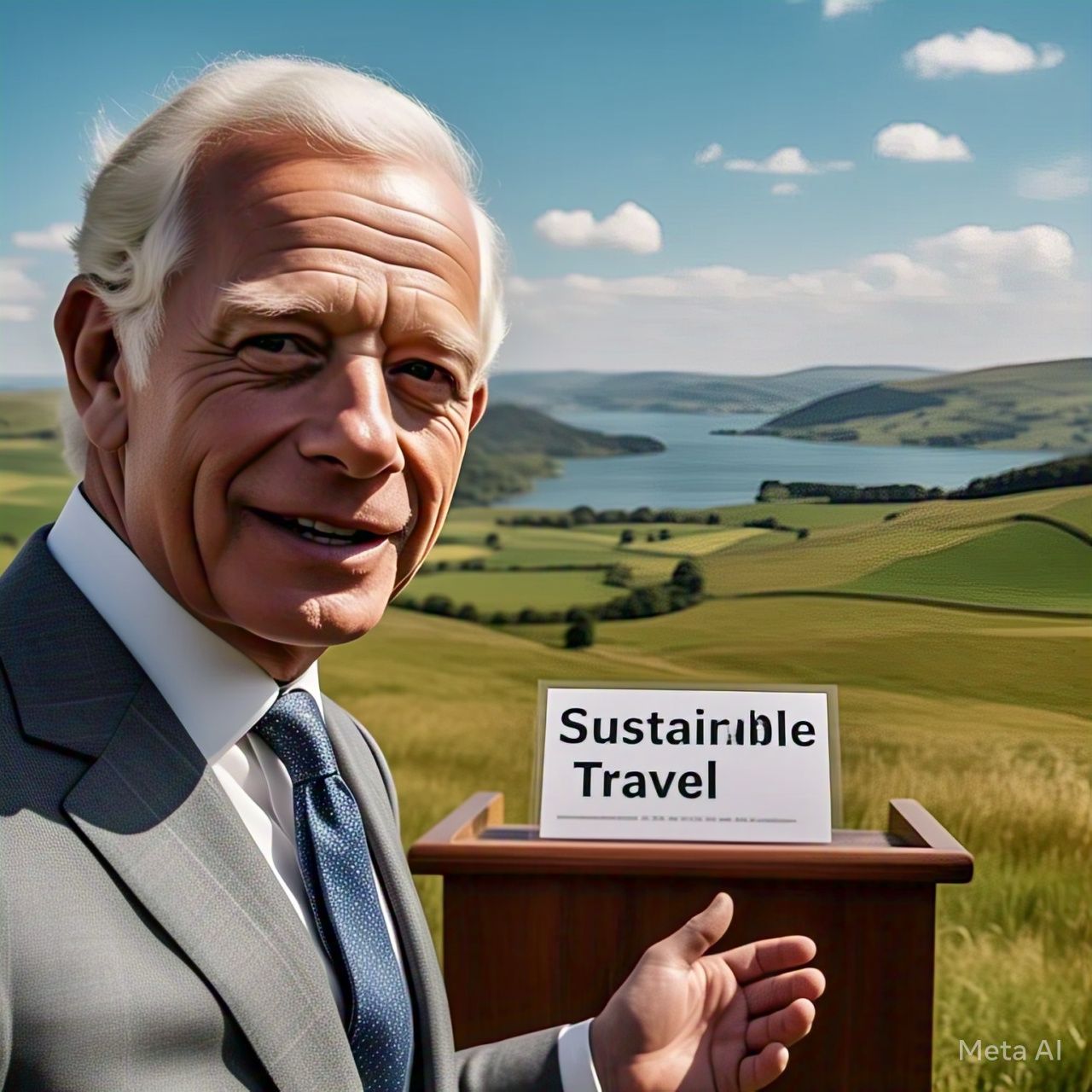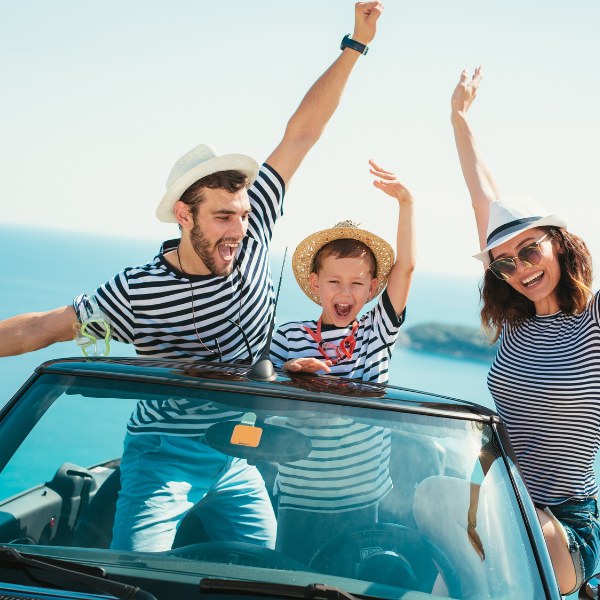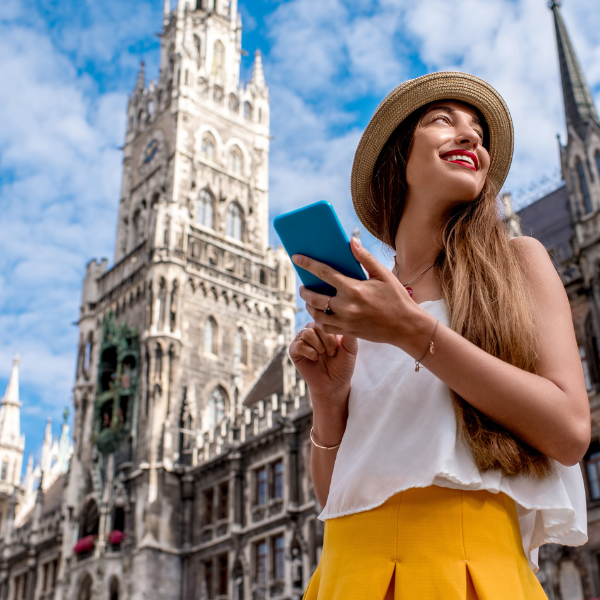Introduction: A Green Island Made of Plastic Bottles—A Beacon of Hope
In a world drowning in plastic waste, A Green Island Made of Plastic Bottles stands as a beacon of innovation and sustainability. British artist Richart Sowa transformed 150,000 discarded plastic bottles into Joyxee Island, a self-sufficient floating oasis near Mexico’s Caribbean coast. This article uncovers the science, struggles, and sustainable lessons behind A Green Island Made of Plastic Bottles, offering actionable tips for eco-conscious travelers.
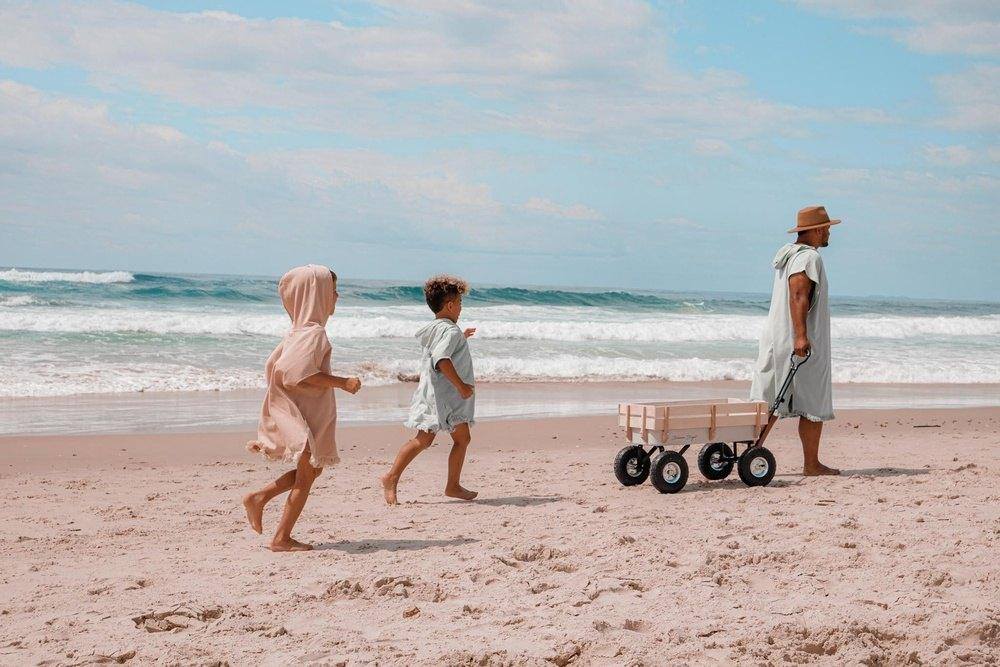
1. The Visionary Behind A Green Island Made of Plastic Bottles
Richart Sowa isn’t just an artist—he’s a pioneer proving that waste can be reimagined. After witnessing plastic-choked beaches, he asked: “Why not turn trash into treasure?”
Key Milestones:
1998: Built Spiral Island I using 250,000 plastic bottles—destroyed by Hurricane Emily in 2005.
2008: Launched Joyxee Island, refining his vision with solar power and mangrove forests.
2024: A Green Island Made of Plastic Bottles thrives as a global symbol of eco-innovation.
2. Engineering A Green Island Made of Plastic Bottles: Science Meets Creativity
A Green Island Made of Plastic Bottles isn’t a makeshift raft—it’s a marvel of sustainable engineering.
The Floating Foundation
Plastic Bottles: 150,000 bottles encased in mesh sacks create buoyant “pontoons.”
Bamboo Framework: Anchored with recycled ropes, it withstands hurricanes and tides.
Mangrove Trees: Natural roots stabilize the structure and filter seawater.
Sustainable Systems
Solar Power: Powers lights and small appliances.
Rainwater Harvesting: Filtered through sand and coconut husks for drinking.
Compost Toilets: Convert waste into garden fertilizer.
Survival Test: In 2020, Hurricane Delta’s 110 mph winds failed to destroy A Green Island Made of Plastic Bottles.
3. Why Plastic Bottles Matters in Today’s Plastic Crisis
Sowa’s project exposes a harsh truth: 91% of plastic isn’t recycled (National Geographic, 2024).
Key Stats:
Production: 1kg of plastic requires 2kg of oil and 22 gallons of water.
Decomposition: A single bottle takes 450 years to break down.
Wildlife Impact: Over 1 million seabirds die annually from plastic ingestion (UNEP).
Did You Know? The bottles in A Green Island Made of Plastic Bottles could fill 3 Olympic-sized swimming pools.
4. Lessons from A Green Island Made of Plastic Bottles: Travel Sustainably
Sowa’s work offers actionable insights for eco-conscious travelers:
A. Turn Waste into Resources
Travel Hack: Use a LifeStraw Bottle to avoid single-use plastics.
At Home: Repurpose glass jars as zero-waste storage.
B. Build with Nature
Stay Here: Thailand’s Bamboo Eco-Lodges or Peru’s Skylodge—both mirror A Green Island Made of Plastic Bottles’ ethos.
Support: Hotels using rainwater harvesting and solar energy.
C. Embrace Minimalism
Pack Light: Reduce carbon footprints by carrying fewer items.
Digital Tools: Use Ecosia (a tree-planting search engine) for trip planning.
5. Could More Green Islands Made of Plastic Bottles Solve Coastal Crises?
With rising sea levels and coastal overcrowding, Sowa’s model sparks debate:
Pros
Affordable housing for flood-prone regions (e.g., Bangladesh’s floating villages).
Cleans oceans while creating habitats.
Cons
Maintenance challenges and regulatory hurdles.
Risk of complacency in reducing plastic production.
Case Study: The Netherlands’ Recycled Park turns river plastic into floating green spaces.
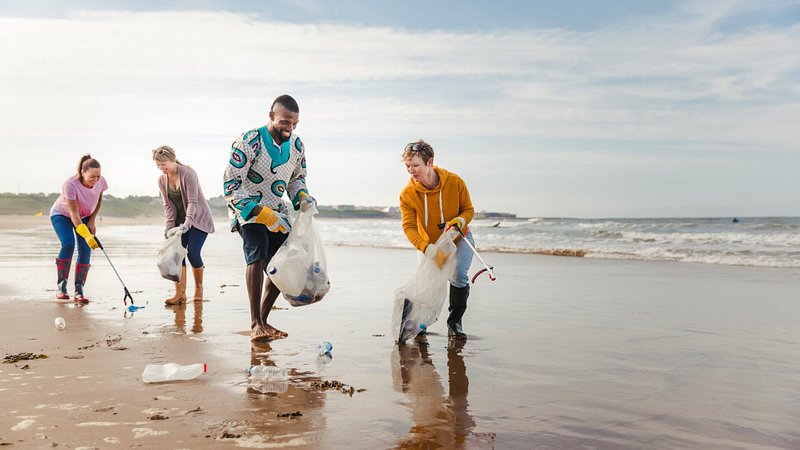
6. How to Ethically Visit
Sowa welcomes visitors, but responsible tourism is key:
Book via Eco-Tours: Companies like EcoColors Tours fund local cleanups.
Leave No Trace: Bring reusable bags, bottles, and utensils.
Donate: Support Sowa’s Plastic Bottle Village in Panama.
FAQs: Your Questions About
Q: Is the island safe for children?
A: Yes! Families are welcome—supervise kids near water edges.
Q: How long did it take to build A Green Island Made of Plastic Bottles?
A: Roughly 2 years, using volunteer labor and recycled materials.
Q: Can I volunteer on the island?
A: Contact Sowa’s team via Joyxee Island’s official website for opportunities.
Q: What’s next for this project?
A: Sowa plans Oceanic Labs—floating research hubs made from ocean plastic.
Conclusion: Be Inspired by
Richart Sowa’s proves that creativity can conquer environmental crises. While you might not build an island, you can:
Refuse single-use plastics during travels.
Support innovators like Sowa through eco-tourism.
Share this story to ignite global change.


